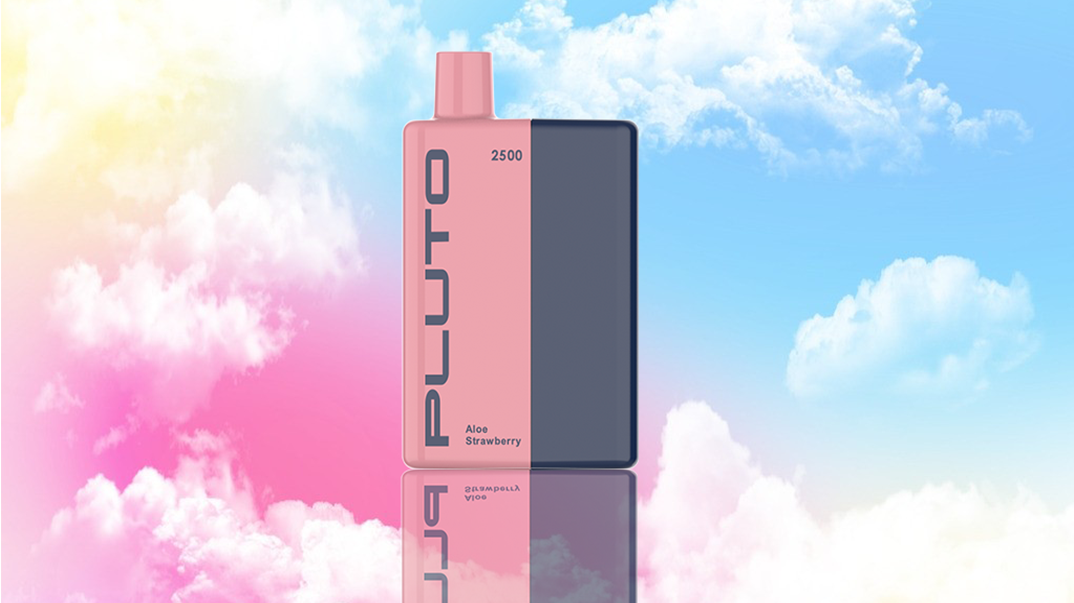In 2020, California lawmakers passed a ban on all flavored nicotine products — including e-cigarettes and cigarettes — with the exception of water pipes, loose-leaf tobacco (used in pipes) and premium cigars, according to foreign press reports. Menthol products are also covered by the legislation.
Opponents of the ban collected more than 1 million signatures and forced the state to hold a referendum on the ban. The legislation was scheduled to take effect on January 1, 2021 and was subsequently suspended until November 8.
If voters support the legislation next week, California will join states that have banned the sale of at least some flavored nicotine products. Massachusetts banned the sale of flavored nicotine products (including menthol) in 2019; New Jersey, Rhode Island and New York all prohibit the use of flavored vape products.
California’s proposed law is unique in that it also bans so-called flavor enhancers, preventing people from buying flavored non-nicotine e-liquids and adding them to unscented nicotine at home.
Observers expect California legislation to be approved.
An Oct. 4 Berkeley Institute of Government poll found that 57 percent of respondents planned to support the flavor ban, while only 31 percent would vote against it and only 12 percent were unsure.
Supporters of the ban seem to have outnumbered opponents.By mid-October, billionaire anti-smoking and anti-vaping activist Michael Bloomberg had provided $15.3 million of the $17.3 million the committee had raised in support of the ban, according to the San Francisco Chronicle.
The opposition, by contrast, raised just over $2 million, almost entirely from donations from Philip Morris USA ($1.2 million) and RJ Reynolds ($743,000).Critics fear that if the ban passes, it will spawn a sizable illegal market, as it has done in states with similar restrictions.
A ban on tobacco flavor in Massachusetts, for example, seems to have encouraged smokers and e-cigarette users to obtain their products in neighboring countries.
Post time: Nov-08-2022









